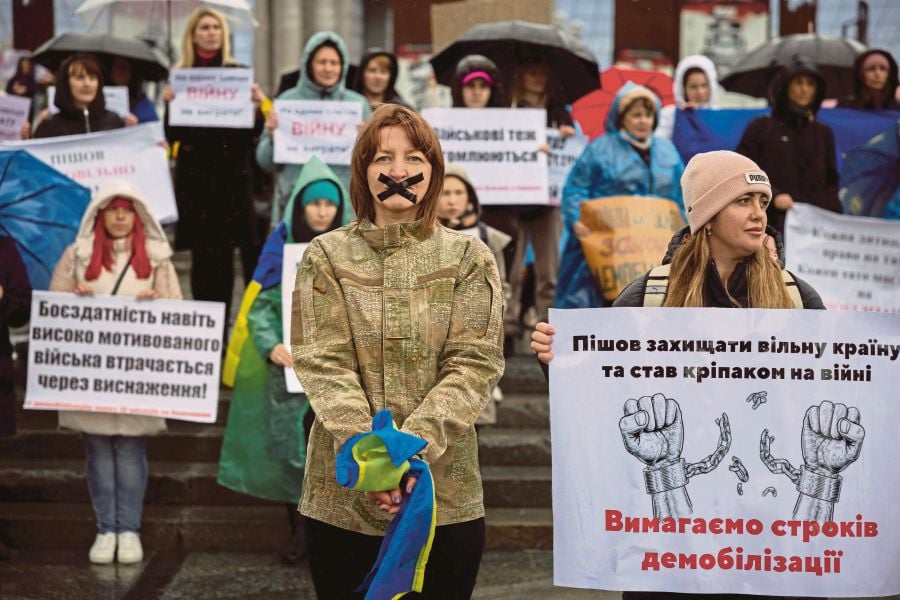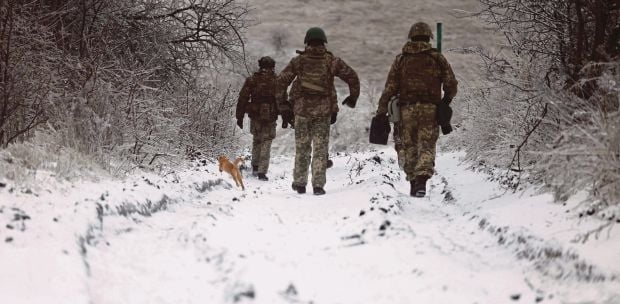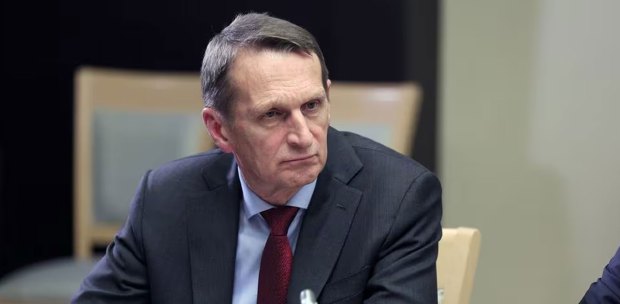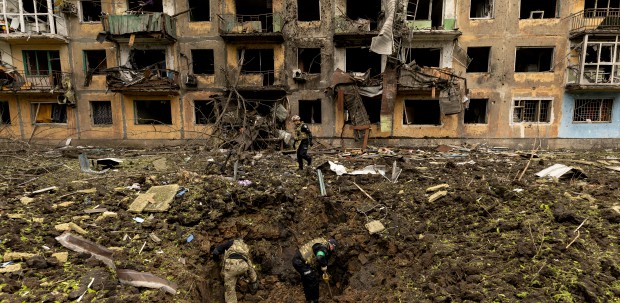Antonina Danylevych's husband enlisted in the Ukrainian army in March 2022, he had to line up at the draft office alongside crowds of patriotic countrymen.
There are no crowds now, she says. Danylevych, a 43-year-old HR manager, gave her blessing when Oleksandr joined up with tens of thousands of other Ukrainian citizens to defy the Russian invasion.
Now she's finding it hard to cope, with no end in sight. Her husband has only had about 25 days' home leave since he enlisted and their two children are growing up without a father.
"We want Ukraine to win, but not through the efforts of the same people," she said in an interview at her home in Kyiv. "I can see they need to be replaced and that they also need to rest, but for some reason, other people don't understand."
Women on the home front have also had to become stronger, she added: "But at what cost did we become stronger?"
Her husband — a university lecturer with no prior combat experience who's now a platoon commander — watched his son get married this year on his phone by video call from the ruined city of Bakhmut. His 14-year-old daughter misses her dad.
Almost two years into the grinding war, this family and others around the country are coming to terms with the prospect of a much longer and costlier conflict than they had hoped for, and one that some now acknowledge they're not guaranteed to win.
This autumn, Danylevych was one of 25,000 people to sign a petition to President Volodymyr Zelenskyy saying that military service cannot remain open-ended and calling for troops to be given a clear timeline for when they will be discharged.
The campaign, which has included two protests by 50 to 100 people in Kyiv's main square in recent weeks, illustrates a growing level of exhaustion among Ukrainian troops and the mounting toll that is taking on families back home.
Ukraine's vaunted summer counteroffensive has so far failed to deliver a decisive breakthrough and questions are being asked over whether foreign military aid will be as forthcoming as it was.
The country has relied on tens of billions of dollars in arms from the United States and other allies to sustain its war effort, but stockpiles of artillery shells are emptying and governments are cooler on sustaining previous levels of support.
Such protests would have been unthinkable a year ago when national morale soared as Ukraine beat Russian forces back from Kyiv and retook swathes of the northeast and south. Martial law, declared at the war's start, prohibits public demonstrations.
Danylevych's campaign points to difficult choices war planners face as they try to maintain the flow of recruits to defeat a much larger army amid steady losses, while retaining a big enough workforce to sustain the shattered economy.
Only Ukrainian men aged between 27 and 60 can be mobilised by draft officers. Men aged between 18 and 26 can't be drafted, though they can enlist voluntarily.
Ukraine, which has said it has about one million people under arms, has barred military-age men from going abroad. Its constantly running mobilisation programme, which was declared at the start of the war, is a state secret. So are battlefield losses, which US estimates put in the tens of thousands.
The Ukrainian Defence Ministry referred questions for this article to the military, which declined to comment, citing wartime secrecy.
The recruitment process largely takes place out of the public eye. Draft officers stop men in the street, at the metro or at checkpoints and hand out call-up papers to them, instructing to report to recruitment centres.
Over the last year, social media videos occasionally surface showing draft officers dragging away or threatening men they want to mobilise causing public outcry.
Trust in the government and Parliament has tumbled from 74 per cent in 2022 to 39 per cent, and 58 per cent to 21 per cent, respectively, according to Anton Hrushetskyi, executive director at the Kyiv International Institute of Sociology, a research organisation.
Danylevych is now preparing their home for what many Ukrainians fear will be another winter of Russian airstrikes that will target the power grid and energy system, causing sweeping blackouts and other outages.
The writer is NST production editor
The views expressed in this article are the author's own and do not necessarily reflect those of the New Straits Times





